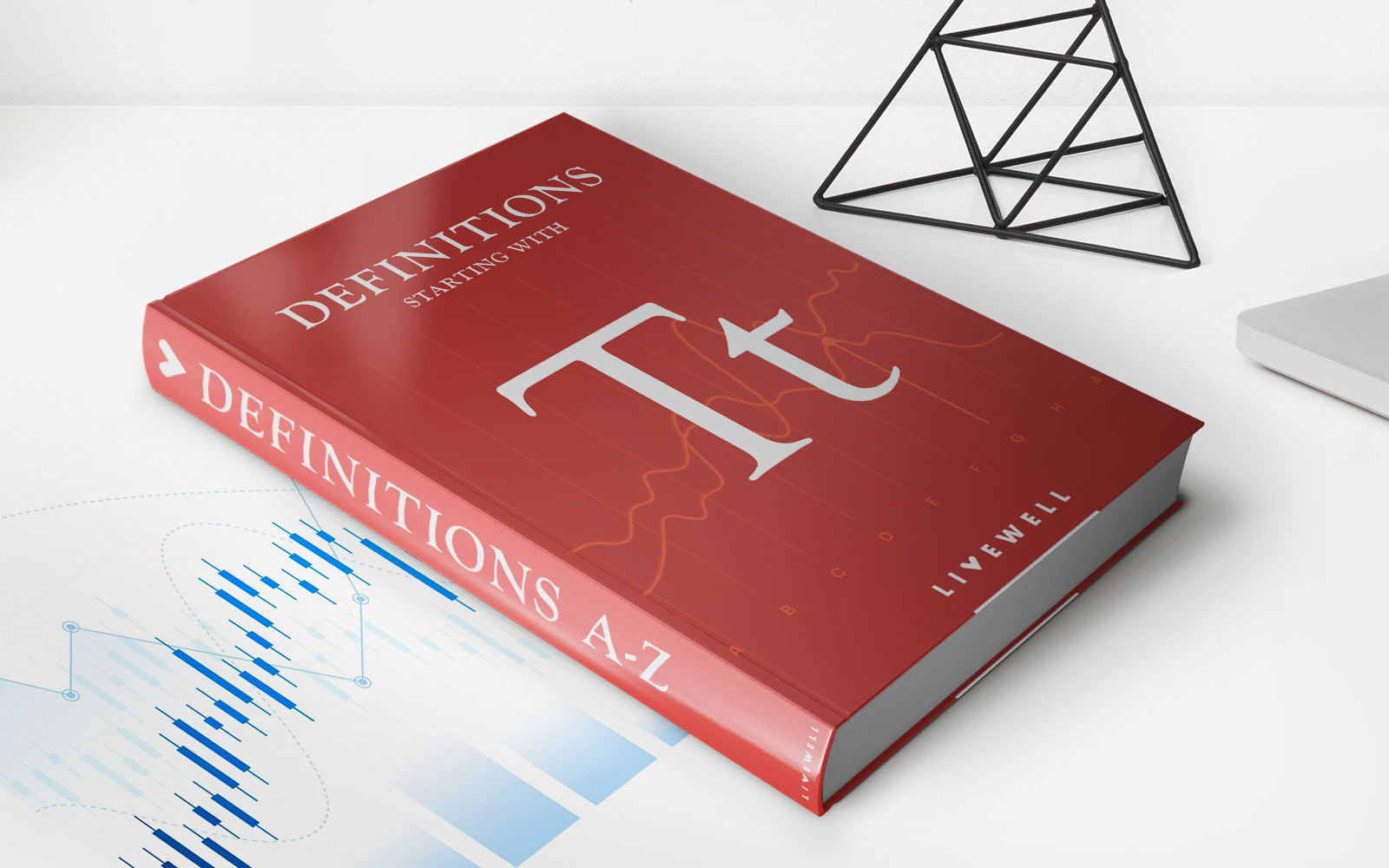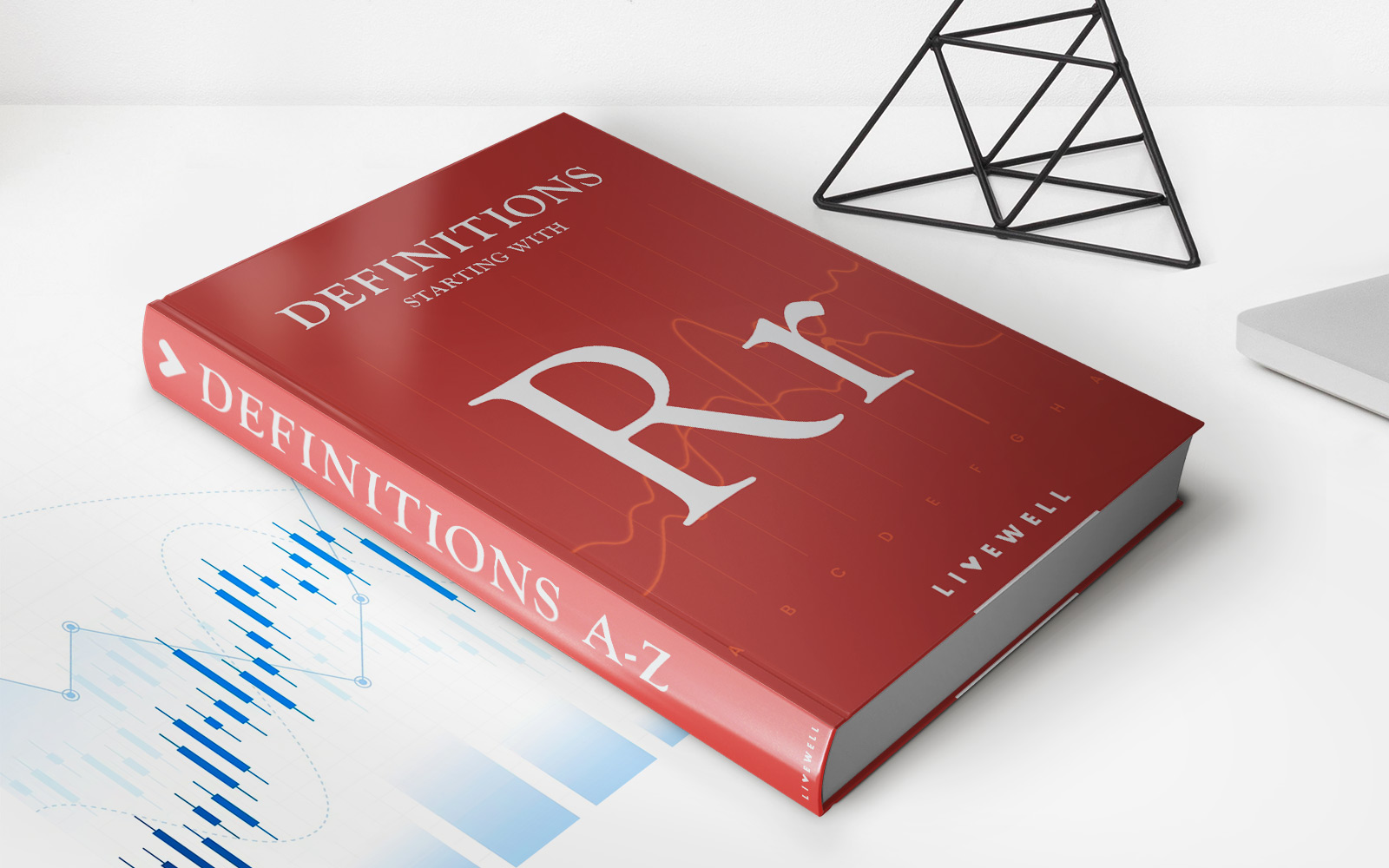Home>Finance>Financial Industry Regulatory Authority (FINRA) Definition


Finance
Financial Industry Regulatory Authority (FINRA) Definition
Published: November 24, 2023
Learn the Financial Industry Regulatory Authority (FINRA) definition and how it impacts the world of finance. Discover FINRA's role in regulating the financial industry.
(Many of the links in this article redirect to a specific reviewed product. Your purchase of these products through affiliate links helps to generate commission for LiveWell, at no extra cost. Learn more)
Welcome to the world of Finance: Understanding FINRA
When it comes to the world of finance, there are numerous regulations and organizations that play a crucial role in maintaining transparency and protecting investors. One such organization is the Financial Industry Regulatory Authority, commonly known as FINRA. In this blog post, we will dive deep into the world of finance and explore the definition and significance of FINRA.
Key Takeaways:
- FINRA is a self-regulatory organization that oversees and regulates brokerage firms and professionals operating in the United States.
- FINRA aims to protect investors by enforcing fair and ethical practices in the securities industry.
So, what exactly is FINRA? The Financial Industry Regulatory Authority is an independent, non-profit organization that acts as a self-regulatory body for the securities industry in the United States. It was created in 2007 through the consolidation of the National Association of Securities Dealers (NASD) and the regulatory functions of the New York Stock Exchange (NYSE).
As a self-regulatory organization, FINRA plays a crucial role in maintaining the integrity of the financial markets. It oversees and regulates brokerage firms and professionals, ensuring that they adhere to industry rules and regulations. By doing so, it helps foster transparency, protect investors, and maintain confidence in the securities industry.
FINRA operates under the oversight of the Securities and Exchange Commission (SEC), which is the primary regulatory authority for the securities industry in the United States. It sets and enforces rules and regulations related to the conduct of brokerage firms and professionals, trading practices, and market integrity.
One of the key responsibilities of FINRA is to enforce fair and ethical practices within the securities industry. It achieves this through various means, including conducting examinations, investigations, and disciplinary actions. FINRA’s enforcement actions can result in fines, suspensions, or permanent bars from the industry for individuals or firms found to have violated the rules and regulations.
Additionally, FINRA provides a platform for investors to resolve disputes through its arbitration and mediation services. This gives individuals an alternative to the traditional legal system, which can often be time-consuming and expensive.
It is important for both investors and professionals in the financial industry to familiarize themselves with FINRA and its regulations. By understanding FINRA’s role and how it operates, investors can make informed decisions and have confidence in the securities industry.
In conclusion, FINRA is a crucial organization that plays a vital role in maintaining the integrity of the securities industry in the United States. Through its enforcement actions and regulatory functions, FINRA protects investors and ensures fair and ethical practices. By understanding and adhering to FINRA’s regulations, individuals can confidently navigate the world of finance.














